Want to make eco-friendly and green changes to your life that will help save our environment? Try these top tips from Butterfly Conservation (BC) staff for a better year ahead, both for yourself and our wildlife.

1. Make some room for beauty.
Butterflies and moths are beautiful and unique indicators of the health of our ecosystem and they are in decline - but here at Butterfly Conservation, we know that if we make space for these fascinating creatures in our fields, gardens and outdoor spaces then together we can make a big difference. Julie Williams, Butterfly Conservation's CEO said "Please plant butterfly and moth foodplants in your windowsill pots or gardens. If you are a farmer or landowner then you could also develop habitat suitable for butterflies and moths by building up soil into the ridges known as butterfly banks in your fields which will encourage these amazing creatures who can also act as vital pollinators. Then watch your natural spaces fill with life and beauty.” Find out how you can add beauty to your greenspace for butterflies and moths to enjoy.
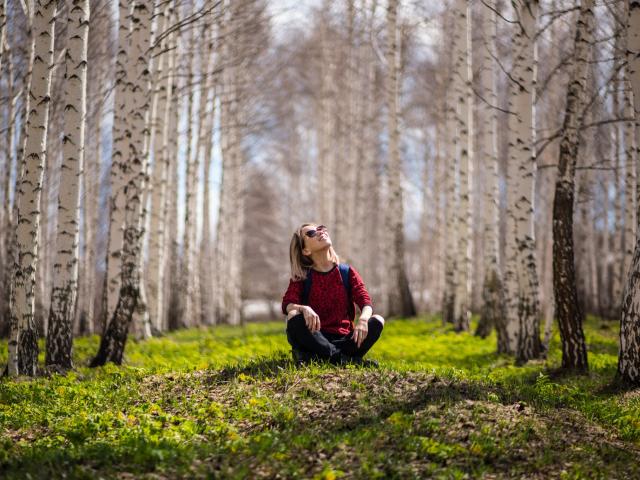
2. Spend more time in nature.
Research suggests that spending time in nature watching wildlife, taking a walk or even doing some gardening can have positive benefits for mental health and wellbeing; so you can do good for nature and reap the rewards for yourself. Charlotte BC's HR Manager says: "To improve your mood and wellbeing it is important to remain active. Incorporating exercise with a volunteering activity has an added bonus of giving something back. Go for a walk and enjoy the natural environment we live in". Spot a butterfly on your walk? Take some time out and contribute to conservation by logging your sighting. Download our free iRecord app.
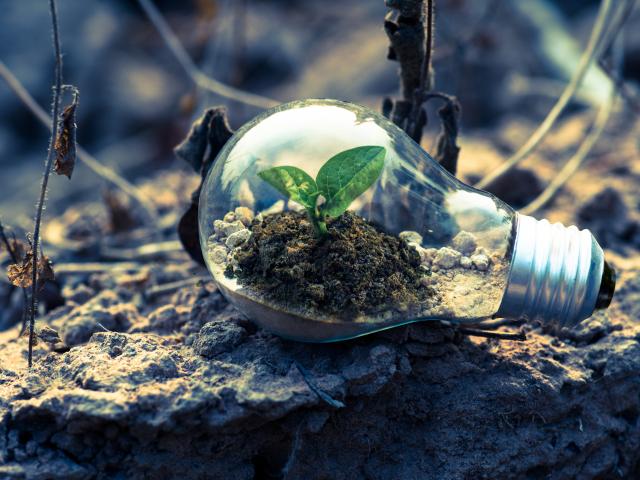
3. Go green in the home.
Remember to turn off electronic appliances when not in use, especially personal computers and games consoles, which use a lot of energy. Chris our Policy Co-ordinator is making small changes in his own home for his New Year's resolution: "I want to have installed LED lights and solar panels so we generate as much electricity as we use. Working on policy, I believe you have to take personal action and not just advocate greater action by the government and others”. You can also make sure the electricity you are supplied is as eco-friendly as possible. Switch your dual fuel energy supply to Ecotricity and they will donate £60 to Butterfly Conservation. Find out more about going greener with your energy.
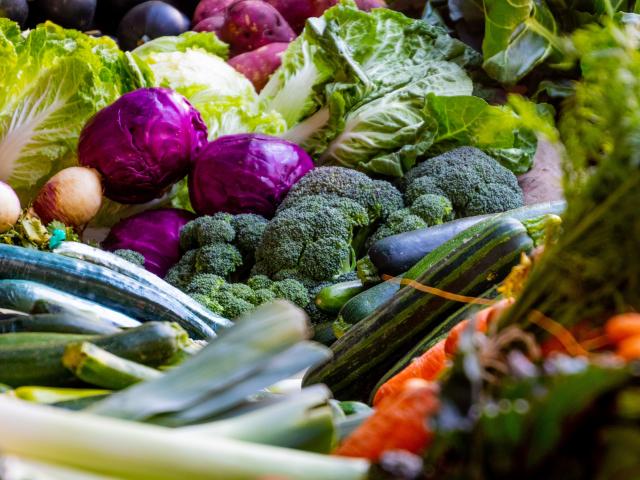
4. Buy local and buy seasonally.
An easy way to reduce your carbon footprint and move more in tune with nature's seasons is to buy your food locally. Buying food that is grown near you will have less of an impact on our environment and will be fresher and more nutritious. Farming methods can have a huge impact on our environment and health, but if done as sustainably as possible can benefit some of our most threatened wildlife. If you can, buy organic food as much as possible - it is healthier for you and for our wildlife. Charlotte, BC's Wyre Landscape Farming & Woodland Advisor recommends: "Supporting your local producers and paying proper prices". Find a local farmer's market or shop near you.
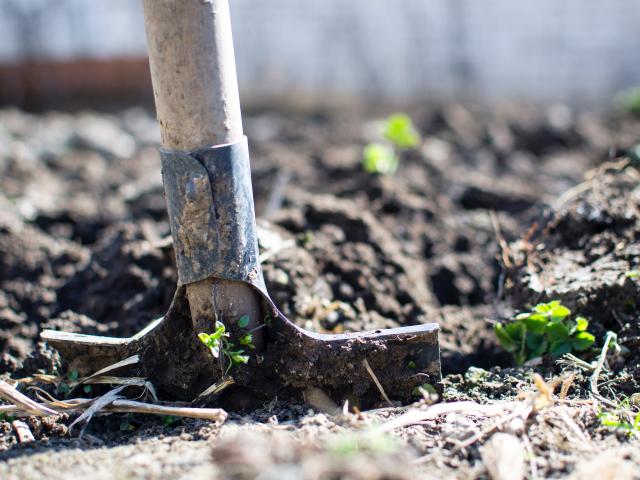
5. Go peat-free in your garden.
One of the biggest threats facing certain butterflies and moths is the destruction of the peat bogs where they live. Every year three billion litres of peat are used to make garden compost in the UK alone. The extraction of this peat destroys precious habitats where insects and wildflowers thrive. May, our Big City Butterflies Development Officer said: "My...New Year’s Resolution is to only buy peat-free compost for my garden. It upsets me to see such ancient habitats such as peat bogs being destroyed. It is a necessary switch for all those who want to help the planet!". Say no to peat and join our greener gardening revolution.
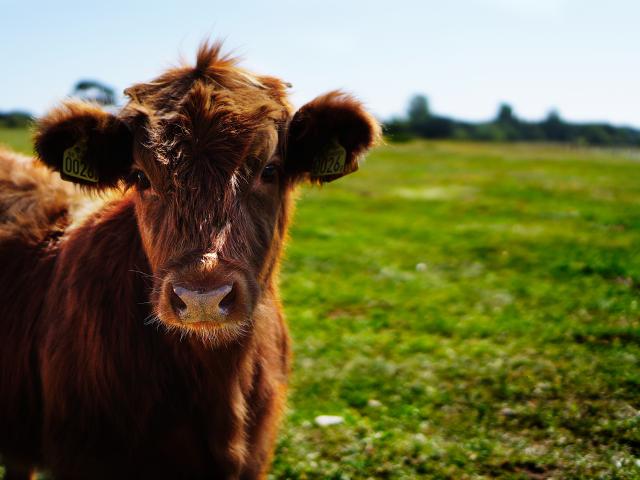
6. Eat less meat.
Taking meat off your plate can have multiple benefits for the environment and for you. Russel BC's Director of Policy and Land Use advises: “ Eating less meat will help us, butterflies, moths and the planet. if we focus on where the meat comes from. Many of the sites we manage or provide advice on need livestock to keep them in the best condition for the moths and butterflies we cherish. For instance, the native cattle raised by Alison and Paul from Gower Coast Meat, graze our Caeau Ffos Fach Marsh Fritillary Nature Reserve in Carmarthenshire. Lightly grazed, flowery rough grassland is also important as an effective carbon sink. And the grazed marshy grasslands, such as at our reserve, store water during heavy rain helping prevent floods. So, if you aim to eat less meat in the New Year, get the meat you do eat from happy, healthy, grass-fed animals and try to find a local supplier who you can support." Make Meat Free Monday part of your week in the New Year.
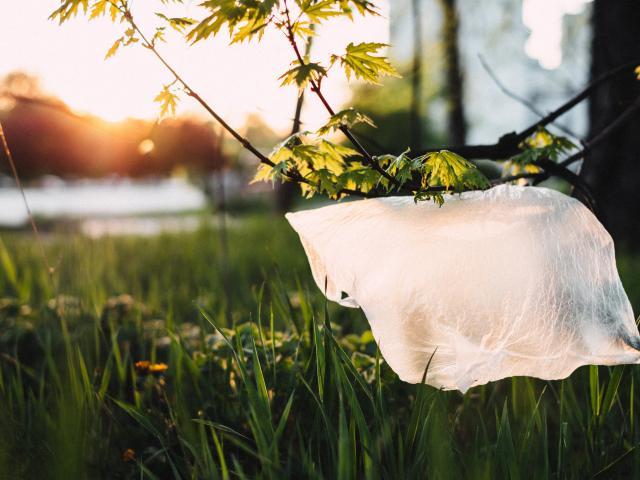
7. Be crafty and say no to plastics.
Make it the year you ditch single-use plastics as much as possible. Plastic litter causes the deaths of thousands of marine mammals and birds each year according to The United Nations Environment Programme. Re-using items saves the natural resources and energy needed to manufacture new ones - as well as saving money. Katie, BC's Senior Data Ecologist says: "Make a beeswax wrap for your sandwiches. All you need is scrap fabric, pinking shears or scissors, beeswax (preferably local and eco-friendly), a grater, baking parchment, and an iron… easy!" Make a beeline for wax wraps – cut down on cling film with reusable food containers and coverings. Why not give making some eco-friendly wraps a try?

8. Send us your butterfly and moth sightings.
Every record or sighting you send to us, directly helps us plan our conservation work. Next time you are outside, why not take note of the species you see? You can even count them on holiday! Sam, our International Director says: "All butterfly and moth records are valuable, but none more so than in countries where there are few recorders. If you travel to Europe this summer and photograph butterflies, make a note of the species, how many you saw, the date and location". Find out how you can send us your sightings.
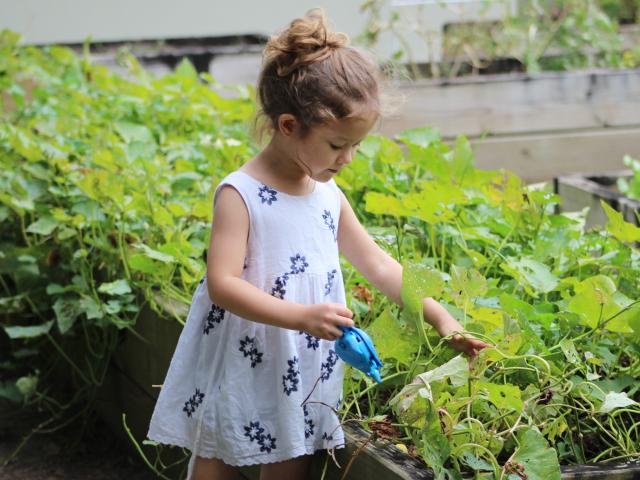
9. Plan a wildlife-friendly garden.
Gardening with butterflies and moths in mind is one of the most rewarding things you can do in your own backyard and it can be easy too. By simply growing a few choice plants and providing butterflies and moths with a garden refuge, you can make a huge difference. Dai our Head of Conservation Wales recommends: "Planting more pollinator species using neonicotinoid free organic seed in our own garden. You can also try growing wildflower plugs using neonicotinoid free organic seed and giving them as family and friends as presents for birthdays. This way you can actively encourage family and friends to be pollinator-friendly gardeners." Don't feel daunted, our Gardening page is packed with tricks and tips to get you started! Sign up to our free emails newsletter to get monthly wildlife-friendly gardening tips.

10. Disconnect from technology.
Next time you are outside, leave your tech behind and really enjoy the moment. Sandra our Head of Fundraising recommends you: "Switch off your phone, take out your earphones and really look and listen to the world around you – it is truly amazing!". Why not consider doing a transect walk or contacting your local Butterfly Conservation Branch to find out what activities are available. Take a look at our local events.

11. Shop second hand for clothing.
The fashion industry emits more carbon than international flights and maritime shipping combined. According to the Pulse of Fashion report in 2015, the industry was responsible for 1,715 million tonnes of CO2 emissions. Rose, one of BC's Senior Conservation Officers said: "Take on the challenge of not buying any new clothes or shoes for a month, season or year! Vintage, second-hand or hand-me-downs are allowed. Visit charity stores, vintage shops and upcycling stores for homewares and goods." Discover the impact of climate change on butterflies and moths.
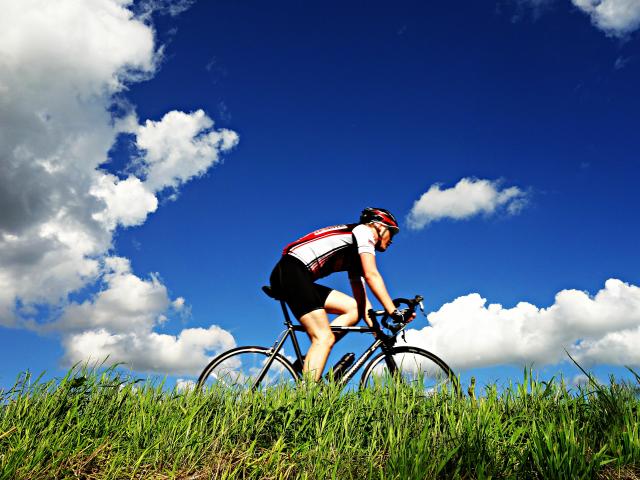
12. Reduce your carbon footprint.
One of the most serious threats to wildlife is pollution: carbon dioxide emissions cause oceans to become more acidic which endangers already struggling marine life and polluted air poses a serious risk to our own physical health. Some of BC's staff have vowed to reduce their carbon footprint by using their cars less. Catherine our Volunteer Engagement Manager said: "I hope to get my boyfriend out and about on our tandem. We have the Birmingham Canal network to explore and I’m really looking forward to the new season and getting out recording in a new area". Nigel BC's Director of Science added: "I am determined to cycle to work to reduce my carbon footprint – just as soon as the weather improves!". Find out how big your carbon footprint is and how you can reduce it.
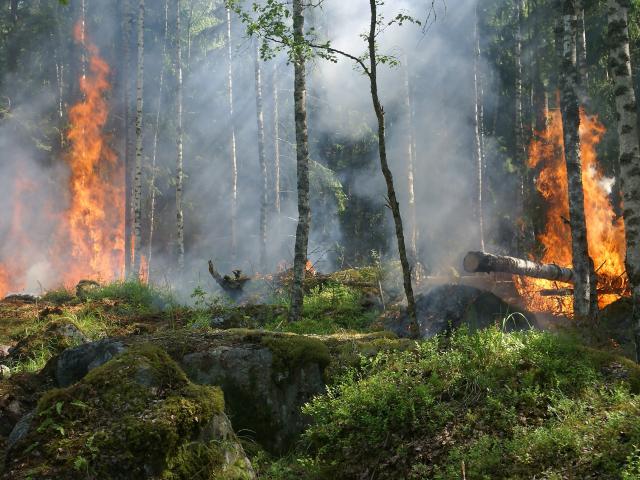
13. Avoid palm oil in your shopping.
Palm oil is a major driver of deforestation of some of the world’s most biodiverse forests, destroying the habitat of already endangered species. This forest loss coupled with conversion of carbon-rich peat soils is throwing out millions of tonnes of greenhouse gases into the atmosphere and contributing to climate change. Sharon, BC's Regional Conservation Manager, East England vowed: "I have decided to avoid biscuits made with palm oil and packaged in 2020 and to make my own like I used to. Although I am planning to avoid biscuits altogether in January and February!". Find out how you can remove palm oil from your weekly shop.
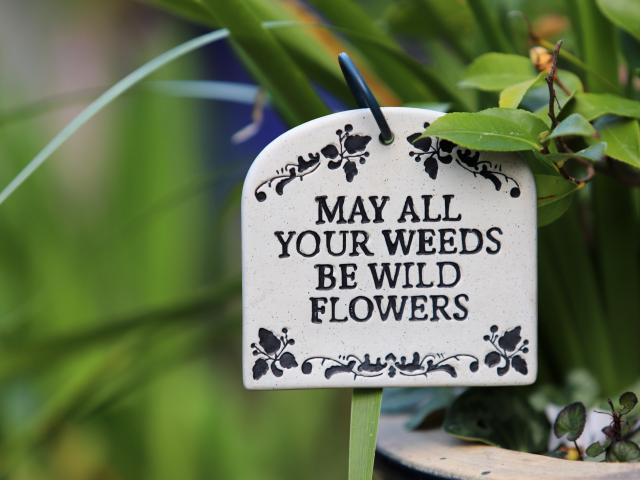
14. Ban the mower and go wild in your garden.
Who would have thought that giving yourself a break from garden chores could hugely benefit wildlife? Put your feet up and do everyone some good. Phil, our Building Sites for Butterflies Programme Manager recommends; "If you have a lawn, then reduce mowing to just once a year in September on a strip of grass at least 6 ft long, to allow common wildflowers and grasses to thrive as nectar sources and larval foodplants for our more widespread butterflies and moths, and for other pollinating insects. From 2019 this is what I have done on a patch of grass 15 ft x 15 ft I have been mowing regularly for 25 years – it is becoming my very own grassland garden nature reserve. Last year when I stopped mowing it for the whole summer I saw Marbled White, Small Skipper, Meadow Brown, Gatekeeper, Speckled Wood, and Common Blue butterflies around the patch – instant success!" Read our monthly gardening blogs for more wildlife-friendly tips.
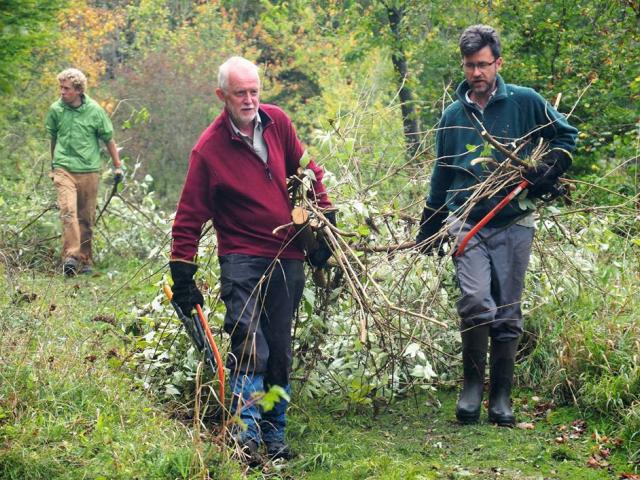
15. Donate some time - Volunteer.
Without the work of volunteers, we would not be able to save butterflies and moths. With 32 branches of Butterfly Conservation across the UK, there is a wide range of opportunities for people who would like to get involved, whatever their age or experience. Steve BC's Brilliant Butterflies Project Officer said: "Get involved with a local volunteer group. You’ll get the chance to work alongside specialist scientists and learn new skills in nature conservation, habitat management, species identification, surveying or community engagement. All whilst working outdoors in the fresh air, surrounded by the sights, sounds and smells of nature!" Find your local Branch and get involved
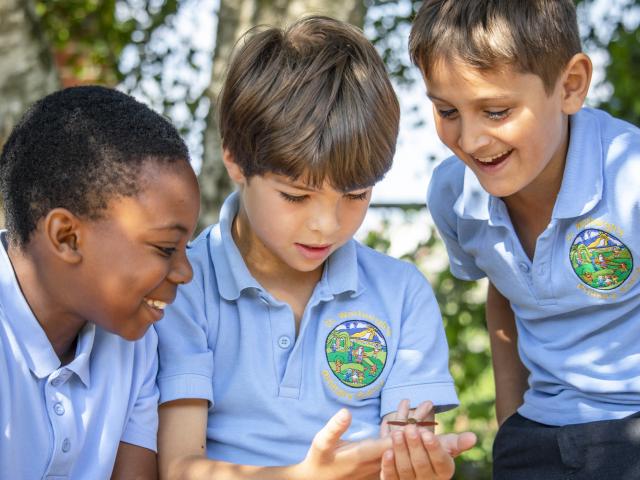
16. Shop sustainable.
Do you know what chemicals are in your cleaning products? How much packaging is in your parcels? Go back to basics and use natural products to clean your home, and swap out plastic bottles for reusable flasks. Even small changes can make a big difference. Kate our Wild in Winchester Project Officer said "Last year my most successful environmentally friendly resolution was to swap my normal detergent and fabric conditioner for an Eco Egg. It reduces single-use plastic, doesn’t pollute the waterways and is much cheaper and easier to use than normal detergent and conditioner so a win all round!" Want to shop more sustainably? Download Giki to your phone.
Get our monthly gardening tips and wildlife news free every month


